Interview with Juan Manuel Álvarez Díaz, President of the FEJAE
By: Natalia Imberti Posted: 03/04/2024
Ampascachi only offers horse riding holidays in Argentina.
Horse culture is part of Argentina’s traditions.
Exploring this country on horseback is an unforgettable experience.
Juan Manuel Álvarez Díaz is a passionate horse lover dedicated to a monumental task: "to create an innovative federation that welcomes the large group of recreational riders who do not find a place in the existing equestrian federations focused on competition".
In this interview, Juan Manuel shares the reasons, the objectives and the challenges of the Spanish federation of riders and equestrian clubs, known as FEJAE.
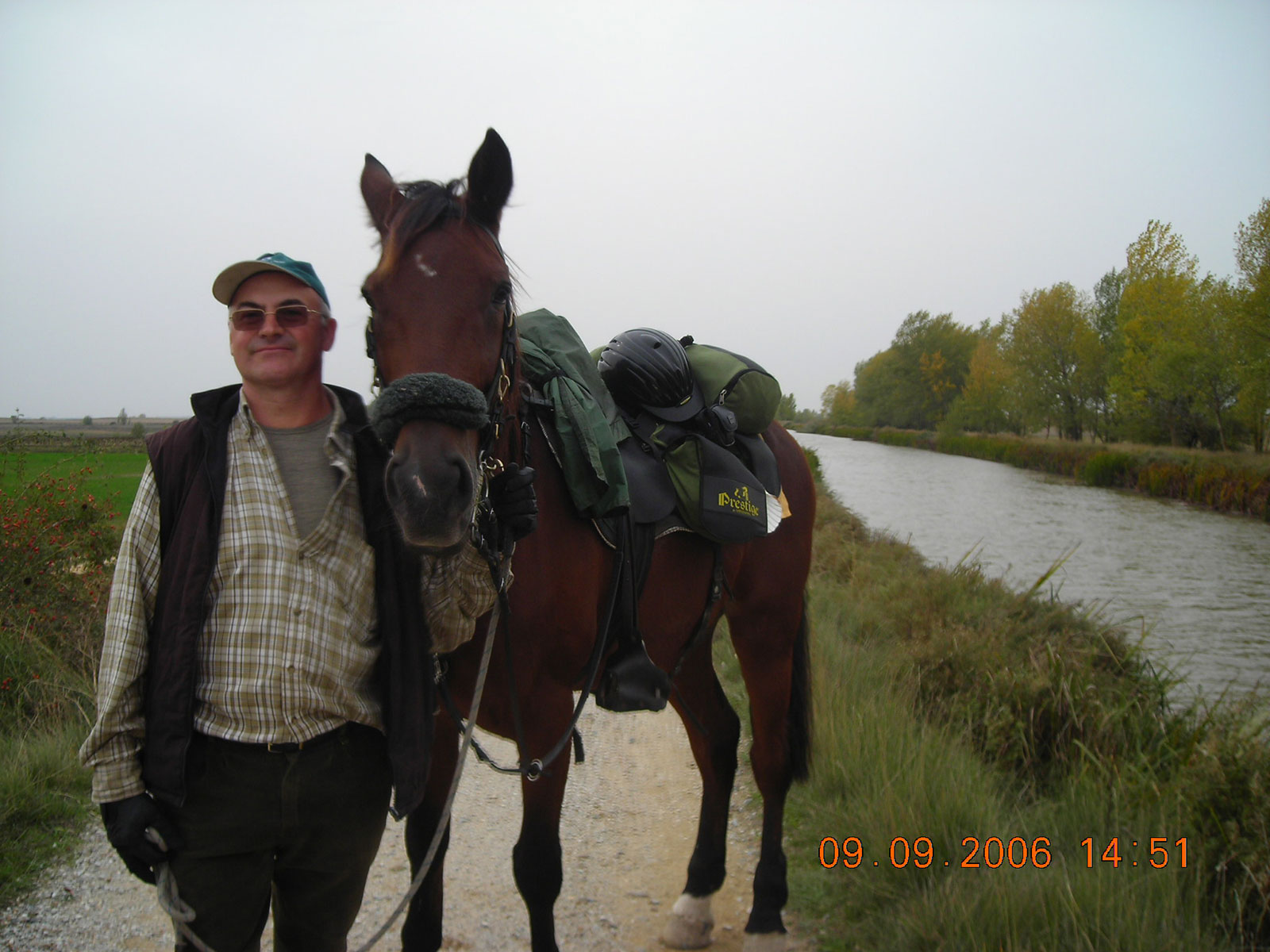
We meet Juan Manuel Álvarez Díaz
When and how did you get into the world of riding? What attracted you to horses?
I started riding as a teenager with some friends at a horse club in the city where I lived. The club had just opened and was offering introductory courses, an offer that was irresistible to the youngsters in those years of the late 60s.
From the first moment, horses took over my life in an emotional bond that was always intense, reciprocal, and everlasting.
I was drawn to everything that had to do with horses, their character, their elegance, their smell, and most importantly their enormous ability to feel free and happy.
To me, as others have said before me, horses are much more than a hobby, they are a passion.
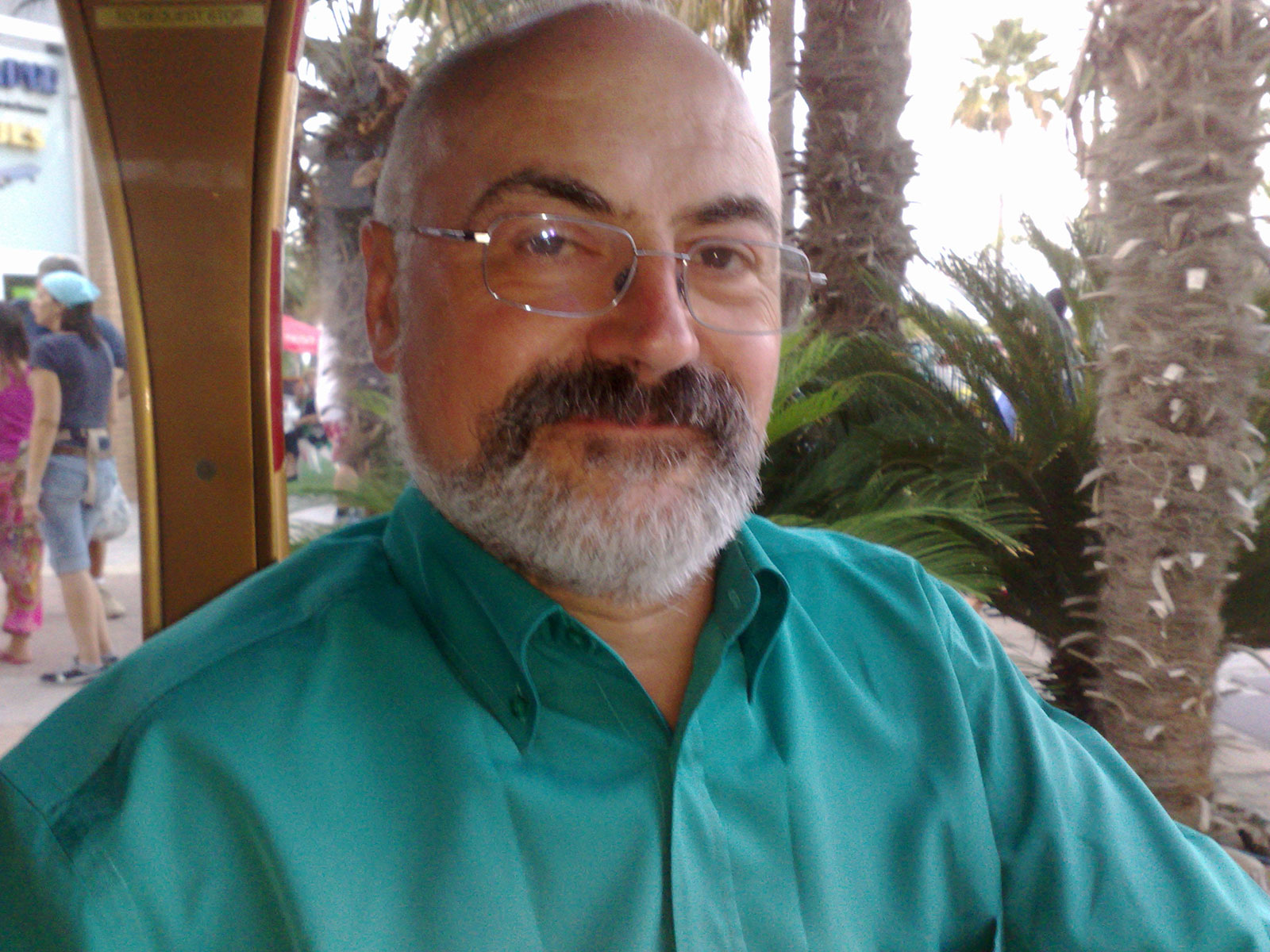
What kind of equestrian sport are you most passionate about and why?
When learning to ride in a club, the first lessons you usually get are the academic basics, some jumping, and some dressage. In my case, it was not different and in the first years, I was a club rider like many others. As a result of this initial training as a rider, my love for dressage and well-educated and trained horses was born.
However, when I met a group of riders with whom I started to go on rides and trails, riding took on a new dimension for me, and although I continued with dressage in the riding arena, from that moment on, riding outdoors dominated my life.
Would you like to be part of a group with an equestrian soul?
Join the Ampascachi Community. Obtain exclusive benefits for your holidays.
We tell you how to start, train and take care of your horse.
Interviews with direct providers of riding tours around the world.
Opinions of outstanding equine scientists and personalities in the equestrian sport world.
Personal relationship with horses
Can you describe the special relationship that develops between a rider and their horse?
A rider's relationship with their horse essentially depends on the rider.
A rider who sees a horse as a simple animal to have fun with, something like a motorcycle, is nothing like a rider who sees a horse as a sentient being with whom you can communicate and build a relationship.
In the latter case, the bond with the horse can be very intense and the communication between rider and horse, especially when riding and working with a horse that you have trained yourself, becomes practically telepathic and emotionally very important.
What are the most common challenges you face as a rider, both physically and mentally?
Horseback riding is not a sport for the weak or fearful, it requires a minimum of physical strength, courage, and knowledge.
In addition, riding requires constant improvement, both for the rider and the horse, and this can only be done with effort and tenacity.
If you enjoy riding, constantly improve training, correct the asymmetries that occur when riding, look for perfection in the rider-horse binomial, and feel the joy of riding a horse with full control over all its forces and in perfect balance.
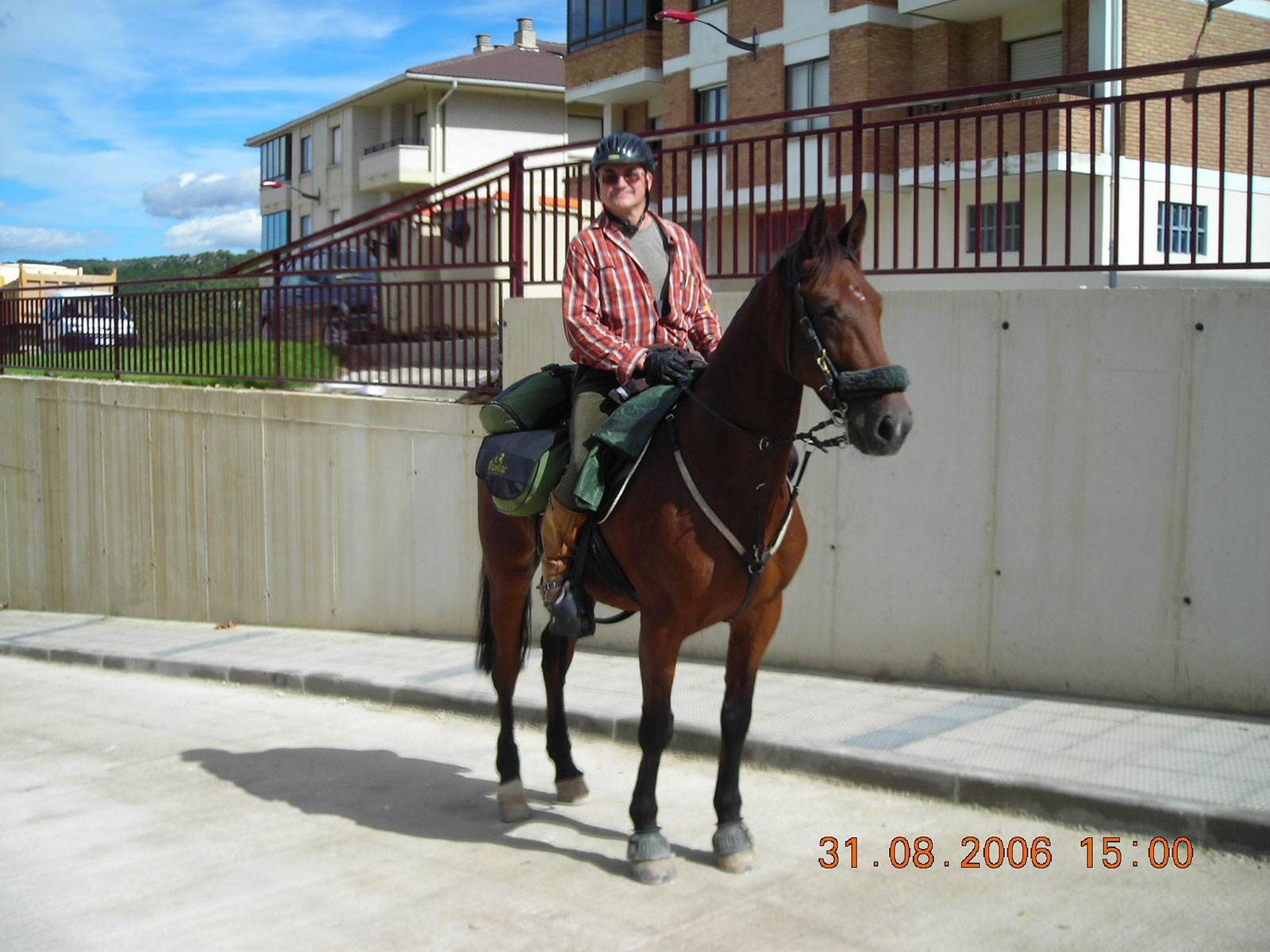
How do you prepare yourself physically to perform well as a rider?
Although there are many specific exercises to improve the physical condition of riders, I have always followed my own recipe, which is: a healthy, balanced, and moderate diet and a training plan consisting of riding, riding, and more riding.
Have you ever had a special horse? What was so special about this connection?
All the horses I've had are unforgettable and I have an emotional memory of them all.
Well, just to name one: I owned an English horse from the stable of Alpidio Pérez Tabernero from Salamanca, whose class, intelligence, elegance, dressage level, speed, and ambition in his riding made him a horse that was highly sought after by all who knew it.
What is your approach to horse care and welfare?
Horses are animals that, like most living creatures on this planet, are practically defenseless against humans.
Horseback riding is a sport that should not be practiced by someone who does not love animals in general and horses in particular.
You can't be a good rider without loving horses.
Loving a horse consists of taking care of it, pampering it, knowing its character and abilities, not demanding anything it can't do or hasn't learned, and always putting its well-being above everything else.
Do you own horses? If so, a specific breed?
I always owned horses until I stopped riding five years ago due to a physical problem.
As a young man, I loved English thoroughbred horses and Anglo-Arabian horses, they were fast, intelligent horses and they were a lot of fun to ride.
As I grew older, Hanoverian horses took their place. Calmer, more powerful, and more emotionally stable horses for long journeys.
About FEJAE and Equestrian Tourism in Spain
What inspired you to start FEJAE and what has been your experience so far?
In Spain, riding outdoors and trail riding have always been disciplines that receive little attention within equestrian sports and by associations and sports federations.
For this reason, when I retired from my professional activity, I decided to take advantage of the experience in the world of business associations, the contacts, and the time I now had at my disposal to promote an equestrian federation based on the model of the French federation Randonnée a Cheval.
So far, the experience of founding FEJAE has been very enriching and successful.
What is FEJAE's main mission and what are its long-term goals?
Our main mission is to defend, promote and enhance equestrian, recreational and cultural activities of a popular nature, especially riding outdoors and trail riding.
At FEJAE we have several short, medium and long-term projects. In the short term, we fill the federation with riders and clubs and introduce insurance, accommodation and equestrian services that facilitate the practice of activities for all our members.
In the medium term, the first major national meeting of riders and clubs will take place.
Long-term, with the years 2025/26 at the horizon, we want to organize the first equestrian tour in Spain. A tour of just over 3000 km, 12 days and 500/600 participants.
How many people have joined and helped you start FEJAE?
The idea was very well received from the beginning, and when the project became known, riders from all over Spain started to get involve.
This made it possible to form a first board of directors, made up of eleven valuable people who acted in their capacity, since the association was not yet registered, and began the development of the project.
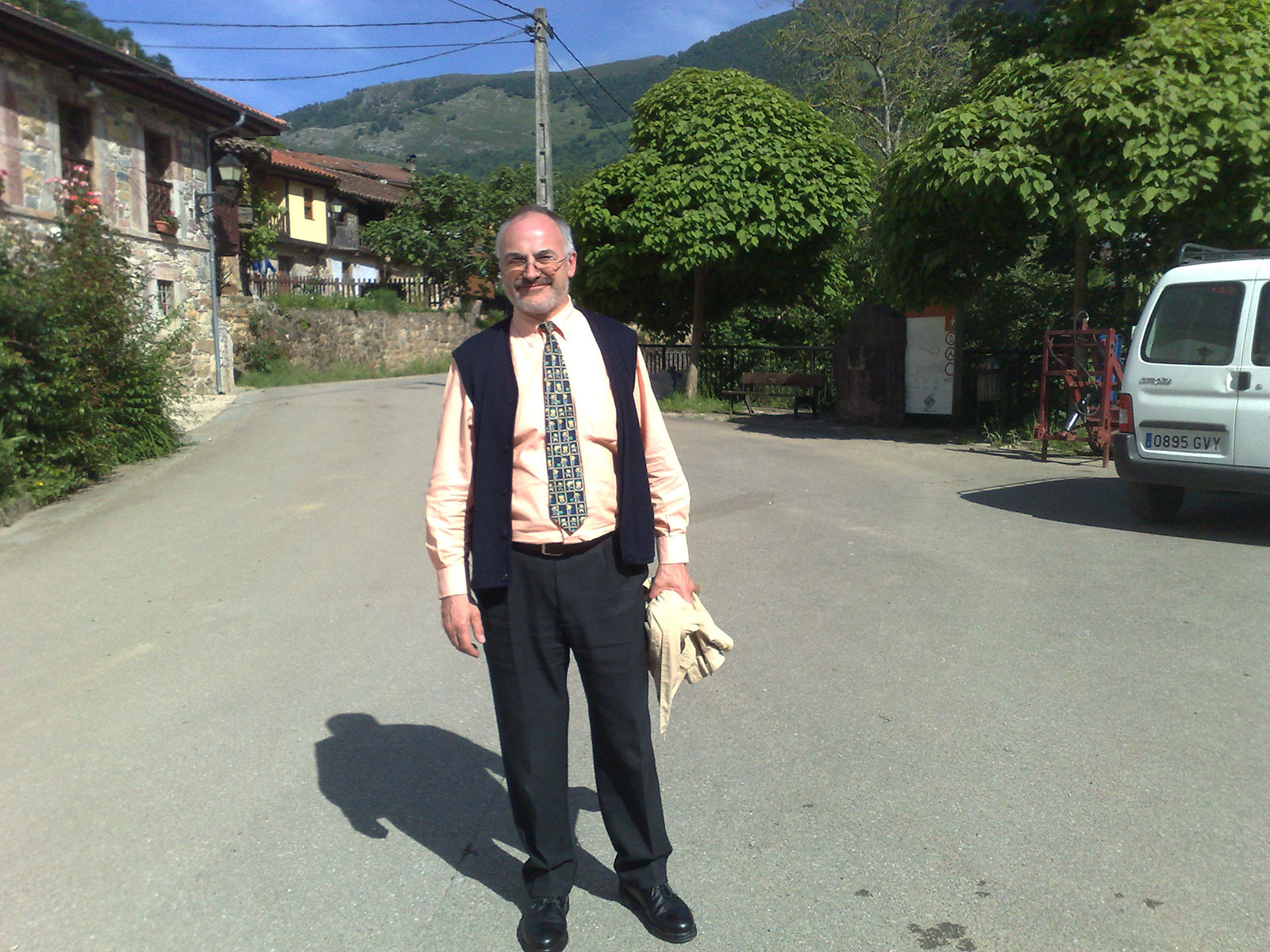
How does FEJAE promote the recreational use of horses and what are the benefits it promotes?
The FEJAE is active in all areas: social, political, cultural, sporting, media, etc., to disseminate information about equestrian activities in general and riding in particular.
It collaborates with its partners in the organization of equestrian activities and, as I said before, will carry out national and international events to promote the FEJAE and equestrian tourism to the whole world.
The benefits we hope to gain from these events are an increase in the practice of recreational riding activities as well as an improvement in their social consideration.
What are the main activities or programs that the FEJAE offers for horse lovers and the general public?
The FEJAE is essentially an institution created to defend the interests and rights of riders and equestrian associations, to offer them services for the practice of riding, and to support them in their activities.
FEJAE offers to its members:
- Horse insurance, accident insurance for riders, accident insurance for horse transport in vehicles and trailers, liability insurance for member associations, and loss or theft insurance.
- A national network of recognized equestrian services, made up of professionals and companies affiliated with the federation as individual members, including:
- Rural accommodations that facilitate accommodation for riders and horses during their trails.
- A complete national archive of veterinarians, farriers, horse transporters, and saddlers who will make equestrian activities easier and safer everywhere.
- Equestrian tourism companies that help to improve the offer of equestrian activities for riders and to disseminate the activity of equestrian routes and riding outdoors.
- A website where members and enthusiasts can find the necessary information so that they can successfully carry out all kinds of recreational riding activities.
- This website also serves as an interactive platform where the members themselves (clubs, riders, professionals, and companies) can insert and publish the equestrian activities they organize, to improve their dissemination, increase participation, and/or share them with other members.
- It will also be easier for associations or clubs that do not have a website to have their own pages on the association's website.
The aim is for associate members to have access to everything that may be of interest to them in connection with the federation and equestrian activities.
However, FEJAE does not interfere in the activities of its member associations and does not organize parallel activities, except the two events of federal nature and national scope mentioned above.
Subscribe to the Ampascachi Community and obtain benefits and exclusive content. Furthermore, we offer free advice on horses and equestrian tourism.
What are the challenges you faced in founding and managing FEJAE?
To obtain the support of the first associations to fulfill the legal basis, to find members, and to achieve economic viability.
How do you collaborate with other organizations or institutions related to horses and recreational activities?
The doors of FEJAE are open to all institutions, companies, associations, and professionals in the equestrian world, they can participate in our organization as individual members.
A membership that gives them the right to offer their services through the search engine on our website and to organize activities in collaboration with the FEJAE.
Regardless, FEJAE is ready to support any institution or company in their actions or projects that benefit the world of equestrian sports in general and our members in particular.
What measures are taken to ensure the safety of riders and horses during the activities organized by FEJAE?
One of the first steps we took was to draw up the "Rules for Organizing and Participating in Equestrian Activities".
These rules, which appear on the website: https://www.fejae.es/normas_participacion for all our members, regulate everything related to the organization and participation in an equestrian activity.
They are divided into four sections:
- Activities
- Horses
- Riders
- Organization
These are rules to ensure the welfare of the horses, the safety of the riders and the organizational quality of the equestrian activities, that all members of the FEJAE must respect.
How do you promote awareness and respect for the welfare of horses among FEJAE members?
Mainly with information on the net about handling horses, their abilities, and their limitations.
Shortly, courses on equine biomechanics, equine physiology and other topics will be offered in collaboration with member associations, helping to understand how horses function and behave during equestrian activities.
What is the most outstanding achievement for the FEJAE so far?
Undoubtedly, the fact that it was created and the interest it has risen, its advantages, and its range of services; every day we get more members.
What advice would FEJAE give to those who wish to promote the recreational use of horses in their communities?
They should contact FEJAE and with our support, they can organize equestrian activities that create a hobby in the place where they live.
What is your motivation and that of FEJAE to promote professional equestrian tourism in Spain?
At FEJAE we are interested in all equestrian activities with a recreational character and equestrian tourism is therefore one of the reasons it was created.
We want to spread it and support all the associations and companies that promote and develop tourism because that's what FEJAE was born for.
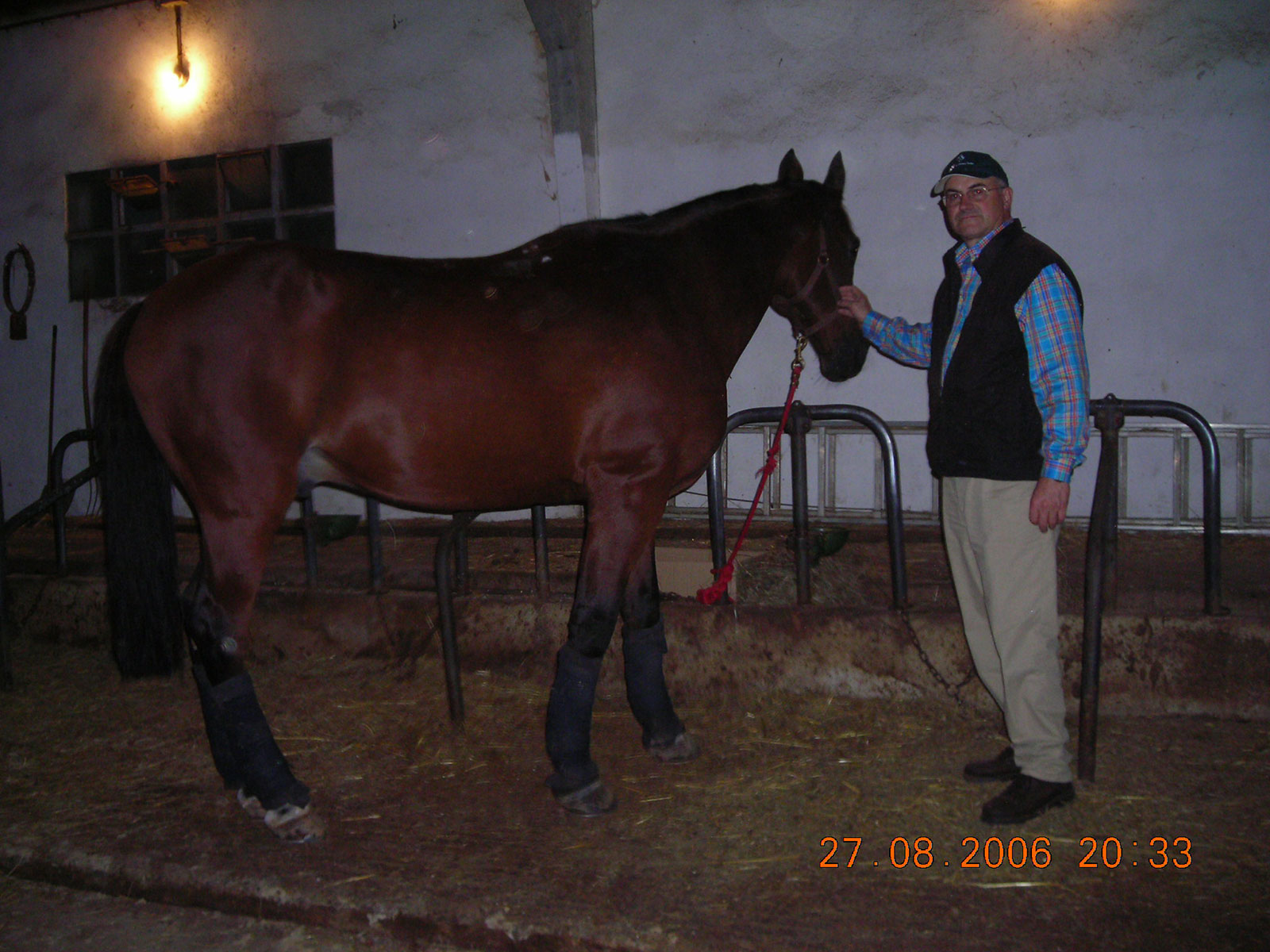
In your opinion, what are the unique advantages of doing equestrian tourism in Spain that could attract international travelers?
Spain has many cards to play an important role in the world of equestrian tourism worldwide:
- A centuries-old culture related to horses and riding
- A recognized history in the spread of this culture, especially in America
- A privileged climate
- A very varied orography with a large number of mountain ranges and mountains throughout the peninsula and of great beauty, ideal for horse riding
- Excellent gastronomy
- Gran experiencia en la organización de actividades turísticas
- An extensive and complete network of rural accommodation
- Equestrian tourism establishments with better and more professional offers every day
- A country that is an international benchmark in the world of tourism
What aspects do you think could be improved to increase the level of professionalism in equestrian tourism in Spain?
The first step, in my view, should be to develop a national legislation for the creation and operation of equestrian tourism businesses. It is necessary to establish:
- LLegal requirements for permits, licenses, insurances, etc.
- The technical requirements for the installations in terms of:
- Characteristics of the facilities for housing and handling the horses (boxes, pastures, horse shower, feed store, etc.)
- Characteristics of the facilities for the reception and care of customers (reception, toilets, showers, changing room, etc.)
- Professional training of staff:
- Grooms and staff responsible for the horses
- Equestrian guides and staff in charge of the activities
- The requirements and characteristics required of the horses, in terms of minimum age, training level and others
- Standards that guarantee the welfare, care and use of horses
- The rules that order and regulate the performance of the activities
This would be the first step towards achieving a range of high-quality equestrian establishments and services.
The next step, which FEJAE is already working on, is homologation:
- A complete network of equestrian routes
- A network of rural accommodations for riders and horses
- A search engine for equestrian services, nationwide, including veterinarians, farriers, saddlers, transporters and equestrian tourism companies
All this alone would not be enough, but it would go towards improving the quality of the services offered to equestrian tourism.
This should be done by the companies themselves, which are joining forces to project their services internationally, creating a powerful and varied offer in terms of services, routes, trips, etc..
Finally, competition between companies would do the rest, pushing companies to offer high-quality services at attractive prices.
What would be the main benefits for tourists and tour operators if they approached this activity more professionally?
In the world of tourism, as in any other commercial activity, if you offer a high-quality, attractive product at the right price and, of course, in a stable and reasonably prosperous economic environment, the product is expected to sell well and be successful.
The benefits are reciprocal for both parties, tourists and tour operators. Tourists receive high-quality services at a good price and operators improve by offering a prestigious, high-quality product that sells well.
To what extent did you and the members of the FEJAE feel that the training and certification of guides and service providers in Spain could be improved?
This is very easy to say, but a lot harder to do.
It simply consists of creating a vocational school for horse training, as there are in France, Germany and other European countries.
A school recognized by the Ministry of Education and Science, protected by the state and with a serious pedagogical program that allows the training of high-quality professionals (guides, farriers, instructors, and others).
How can awareness, education, and respect for the natural environment be promoted during rides?
Among the various actions that FEJAE intends to do, is the conclusion of agreements with the various Autonomous Communities to carry out surveillance and control in natural areas during the rides, to obtain early information on accidents or risky situations for the fauna and flora, information to be shared with the appropriate public bodies so that they act accordingly and avoid further damage.
What is your long-term vision for equestrian tourism in Spain?
I am neither an economist nor a tourism expert, but in my humble opinion, and on the premise that a stable socio-economic situation will be maintained, I believe that equestrian tourism in Spain will see a constant increase of more than 10% per year in the coming years.
How many places outside of Spain have you ridden and what was the best experience?
I have always traveled in Spain, if not in the whole country, then for the most part. Outside of Spain, I have only ridden in Mexico, where I had the opportunity to ride Quarter Horses in Chihuahua.
Have you ever ridden a Peruvian Paso horse?
No, in Spain we still have some gaited horses, but no Peruvians, as far as I know, except for a few owners.
Would you like to come to Argentina to do trail on a Peruvian Paso horse?
This is something that every rider desires.
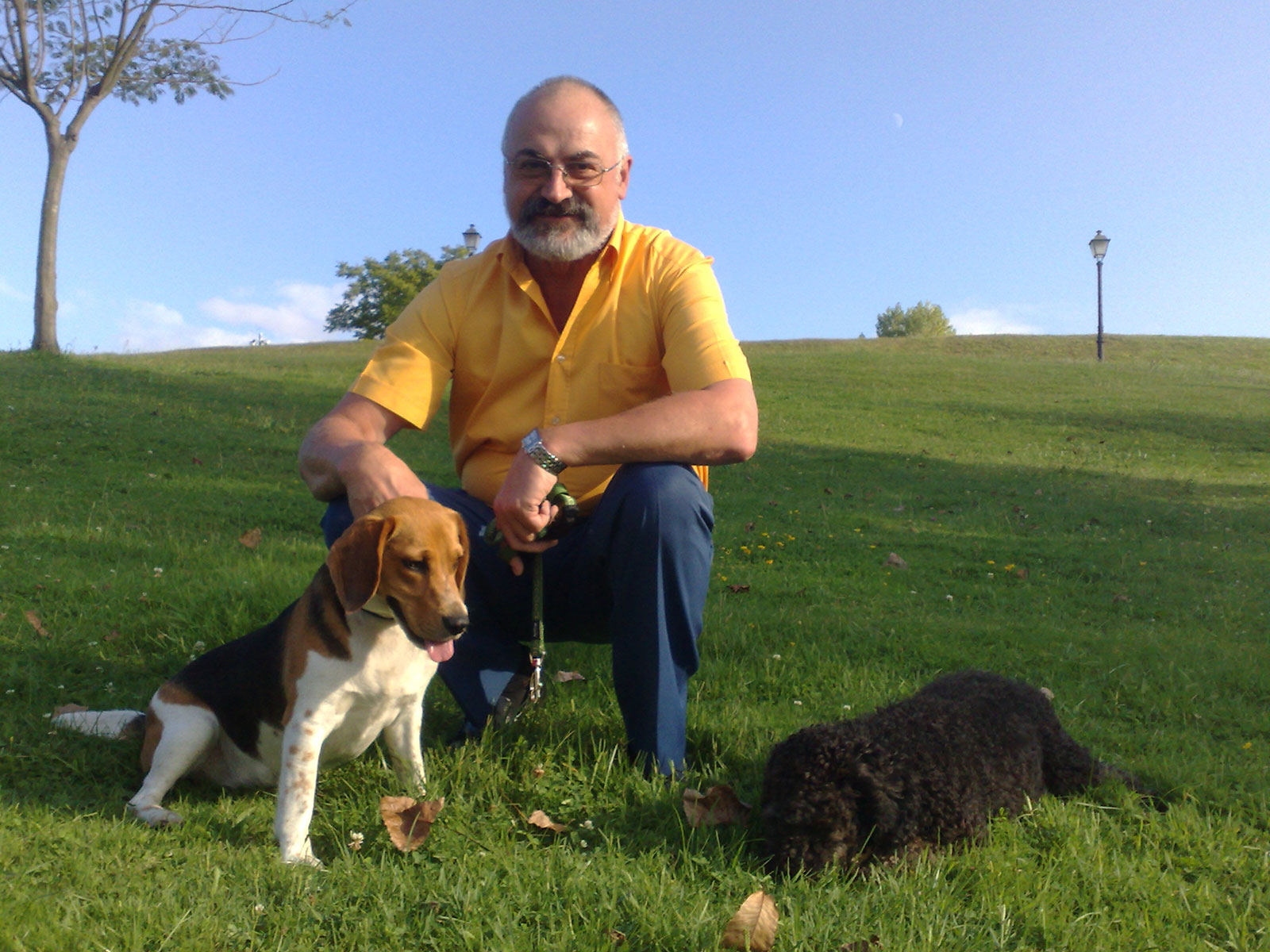
Thank you for the interview
First of all, on behalf of Ampascachi Horseriding Holidays in Argentina, I would like to thank Juan Manuel Álvarez Díaz, director of FEJAE, for taking the time to conduct this interesting interview.
The task carried out by the FEJAE is very necessary to standardize all equestrian activities that are not included in equestrian sport: from farriers to all service providers linked to equestrian tourism (maintenance of paths, accommodation, food offers, etc.).
At Ampascachi, we deeply support any action that leads to enhancing, professionalizing and making safer and more comfortable the experience of traveling worldwide in the company of our best friends: horses.
We wish FEJAE and Juan Manuel Álvarez Díaz much success and that initiatives like these spread more and more all over the world.
/ Photos: Juan Manuel Álvarez Díaz /
Thinking about a horse riding holiday but don’t know how to book it?
Download our free ebook "How to plan your next horseback trip" and learn all you need to know when choosing the right holiday and outfitter for your next equestrian adventure.
~
THIS COULD ALSO BE INTERESTING
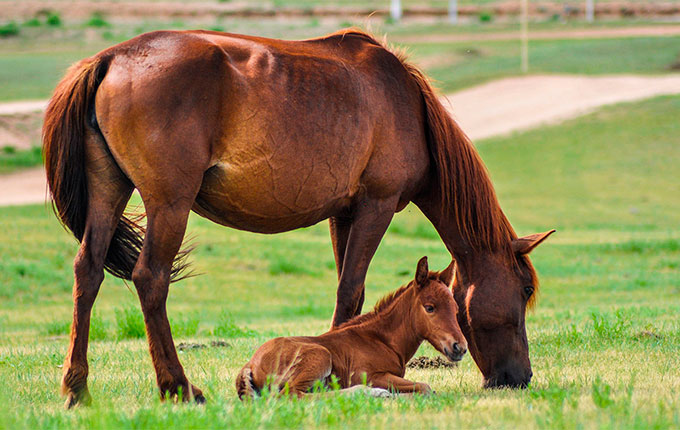
How to understand the welfare of horses
Discover the evolution and implementation of the 5 domains model for animal welfare applied to equids. Assess the well-being of your horse based on his physical and mental health.
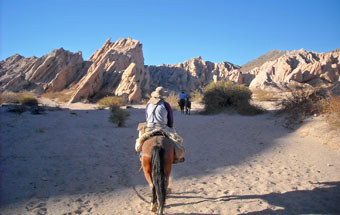
Visiting Northern Argentina on Horseback
Travelling around the north of Argentina on horseback offers you some wonderful options. Riding a horse, you will go through the awesome landscapes of the Calchaqui Valleys.
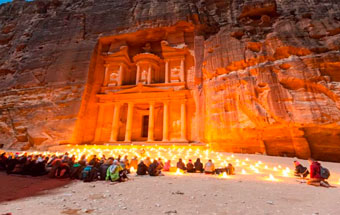
Jordan: Petra, Amman and
the Dead Sea on horseback
Visiting Jordan and riding in Petra, which was stablished over 2000 years ago, is living up to any rider’s dream. Riding trails in this UNESCO World Heritage Site.
~
WHAT IS YOUR OPINION? LEAVE A COMMENT
Planning your horse riding holidays?
Join the Ampascachi Community. You will get exclusive advantages and guidance for your next horse riding holiday.


 German
German French
French Spanish
Spanish
MESSAGE TO OUR READERS
The content creation team at Ampascachi Horse Riding Holiday would like to thank our readers who have written a comment on this interview with Juan Manuel Álvarez Díaz from FEJAE.
We would like to clarify that the content creation team does not make comments or judgements on the answers of the interviewed person.
In this case we solely publish the opinions of our blog readers about the concepts of the interview, whenever they do not offend the interviewed person.
Thank you again for your comments.